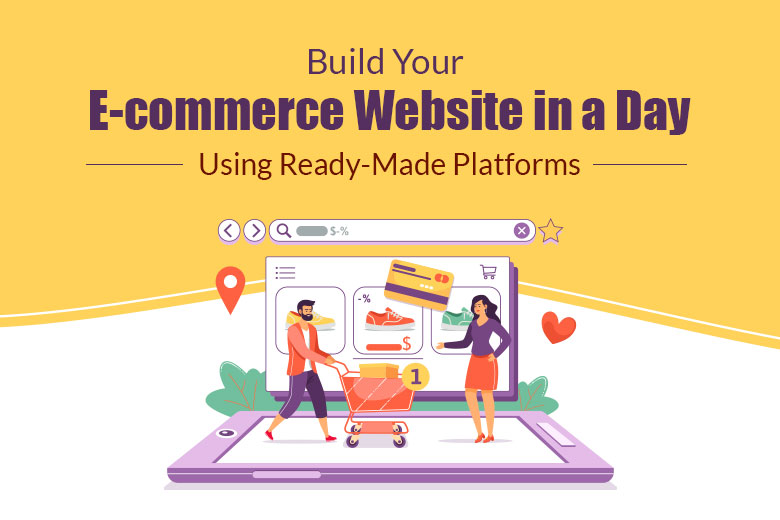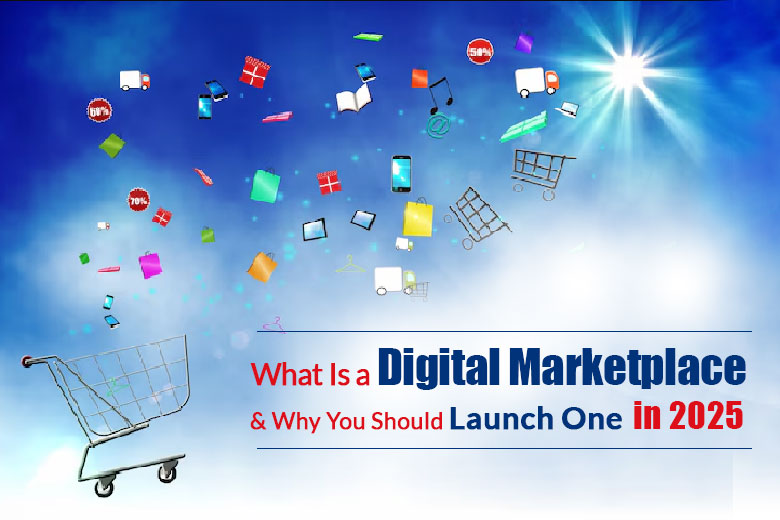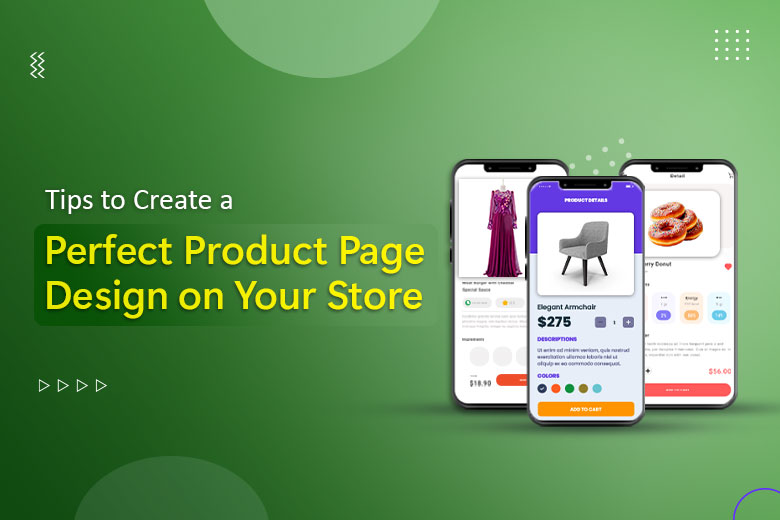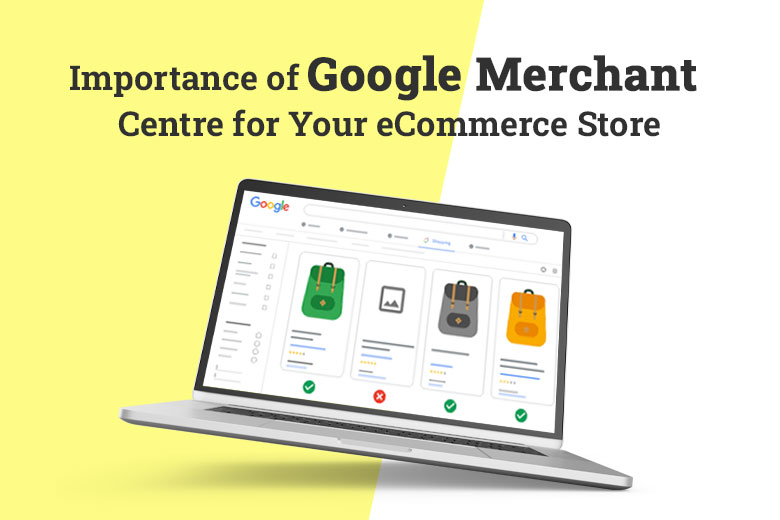How E-commerce Startups Can Compete with Giants Using White-Label Platforms
- June 21, 2025
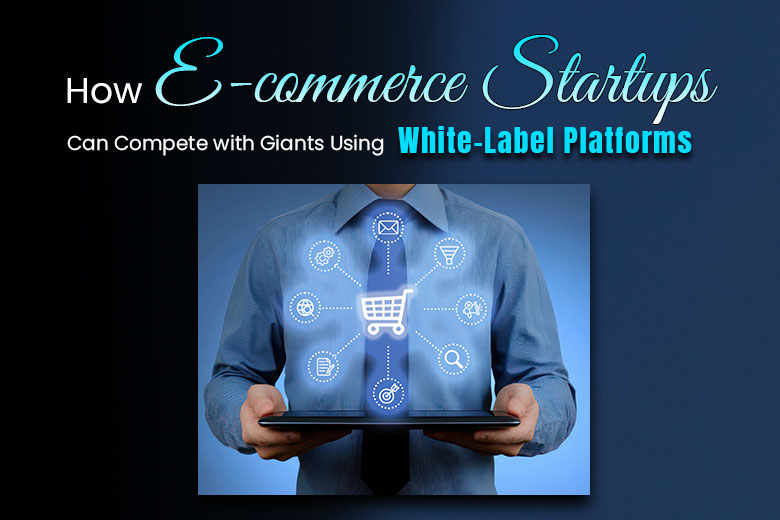
Breaking into the world of online business isn’t easy—especially for e-commerce startups trying to compete with big players like Amazon, Flipkart, or Shopify. These established brands have millions to spend on advertising, logistics, and technology. But here’s the good news: you don’t need millions to build a successful e-commerce brand. What you need is a smart, efficient approach—and this is where white-label platforms come into play.
A white-label e-commerce platform allows you to create your own branded online store using pre-built, customizable software. It saves time, reduces costs, and most importantly, levels the playing field. Whether you sell digital products, physical items, or offer subscription-based services, a white-label solution gives you the freedom to scale without the burden of starting from scratch.
In this blog, we’ll explore how small and mid-size e-commerce entrepreneurs can use white-label platforms to not just survive—but thrive—while competing with industry giants. From building brand identity to managing operations efficiently, we’ll cover practical steps to help you carve out your niche in this fast-growing digital marketplace.
Why E-commerce Startups Struggle to Compete
Big e-commerce players dominate because of their strong brand reputation, wide product selection, high-end technology, and massive marketing budgets. This creates three main challenges for new e-commerce startups:
1. Limited Budget – Startups often can’t afford custom-built e-commerce websites or expensive developers.
2. Lack of Trust – Customers are more likely to buy from well-known platforms.
3. Operational Challenges – Managing logistics, inventory, payments, and customer service is complex without a proper system.
But this doesn’t mean smaller businesses are out of the race. In fact, with the right tools and strategy, startups can offer a better, more personal experience—and win loyal customers.
What Is a White-Label E-commerce Platform?
A white-label platform is a ready-made software solution that you can rebrand and customize to launch your own online store. It comes with built-in features like product management, payment integration, order tracking, SEO tools, and more—without needing to code anything from scratch.
With white-label platforms, e-commerce startups can:
• Launch faster
• Reduce development and maintenance costs
• Customize branding and design
• Scale without technical headaches
Some popular white-label e-commerce solutions include Dukaan, Zoho Commerce, and IdioCom—offering features tailored for startups and small e-commerce business owners.
Key Benefits for E-commerce Startups
1. Faster Time to Market: When you’re in a competitive space, speed matters. White-label platforms let you launch your store in days—not months. You get access to pre-built templates, product upload tools, and secure payment options right out of the box.
2. Cost Efficiency: Custom-built websites can cost thousands of dollars in development and ongoing maintenance. A white-label solution is far more budget-friendly and ideal for small e-commerce entrepreneurs who want maximum value at minimal cost.
3. Customization and Branding: You don’t need to sacrifice uniqueness. These platforms allow you to choose your theme, colors, domain name, and more—so your store reflects your brand, not the software provider’s.
4. Built-In Marketing Tools: Most white-label e-commerce solutions come with SEO tools, coupon engines, email marketing integrations, and even analytics dashboards to help you grow faster.
5. Scalability: As your business grows, your platform grows with you. Add new products, connect third-party services, or expand to international markets—all without starting over.
How to Make Your E-commerce Startup Stand Out
Here are practical steps to make your e-commerce startup shine—even in the shadow of the giants:
1. Focus on a Niche: Don’t try to sell everything to everyone. Instead, focus on a specific category or audience segment. Whether it’s handmade jewelry, digital planners, organic skincare, or subscription boxes—niche markets are less crowded and easier to build loyalty in.
2. Tell Your Brand Story: Customers love authentic brands. Use your website, social media, and packaging to tell your story—why you started, what you believe in, and how your product makes a difference.
3. Offer Better Customer Service: Unlike large corporations, you can offer personal attention to every customer. Fast replies, customized recommendations, and easy returns can turn one-time buyers into lifelong fans.
4. Leverage Social Proof: Ask for reviews, display customer testimonials, and encourage user-generated content on Instagram or TikTok. Positive social proof builds trust and drives conversions.
5. Run Targeted Ads and Influencer Campaigns: With limited budgets, avoid broad campaigns. Instead, run hyper-targeted ads on Facebook, Google, or Instagram. You can also partner with micro-influencers who resonate with your niche.
In today’s competitive online space, e-commerce startups no longer need to fear big-budget giants. With the power of white-label platforms, small brands can build professional, fully functional online stores without spending months or massive capital. These platforms offer speed, flexibility, and customization—everything a growing digital product seller or small e-commerce entrepreneur needs to get ahead.
By focusing on niche markets, building a strong brand identity, and leveraging built-in marketing tools, your startup can deliver a personalized shopping experience that big brands often overlook. The key lies in being agile, authentic, and smart with your choices.
As the digital economy evolves, the brands that win won’t necessarily be the biggest—they’ll be the boldest. So, if you’re ready to grow your e-commerce business and compete with confidence, a white-label solution might just be your smartest move yet.
You May Also Read


